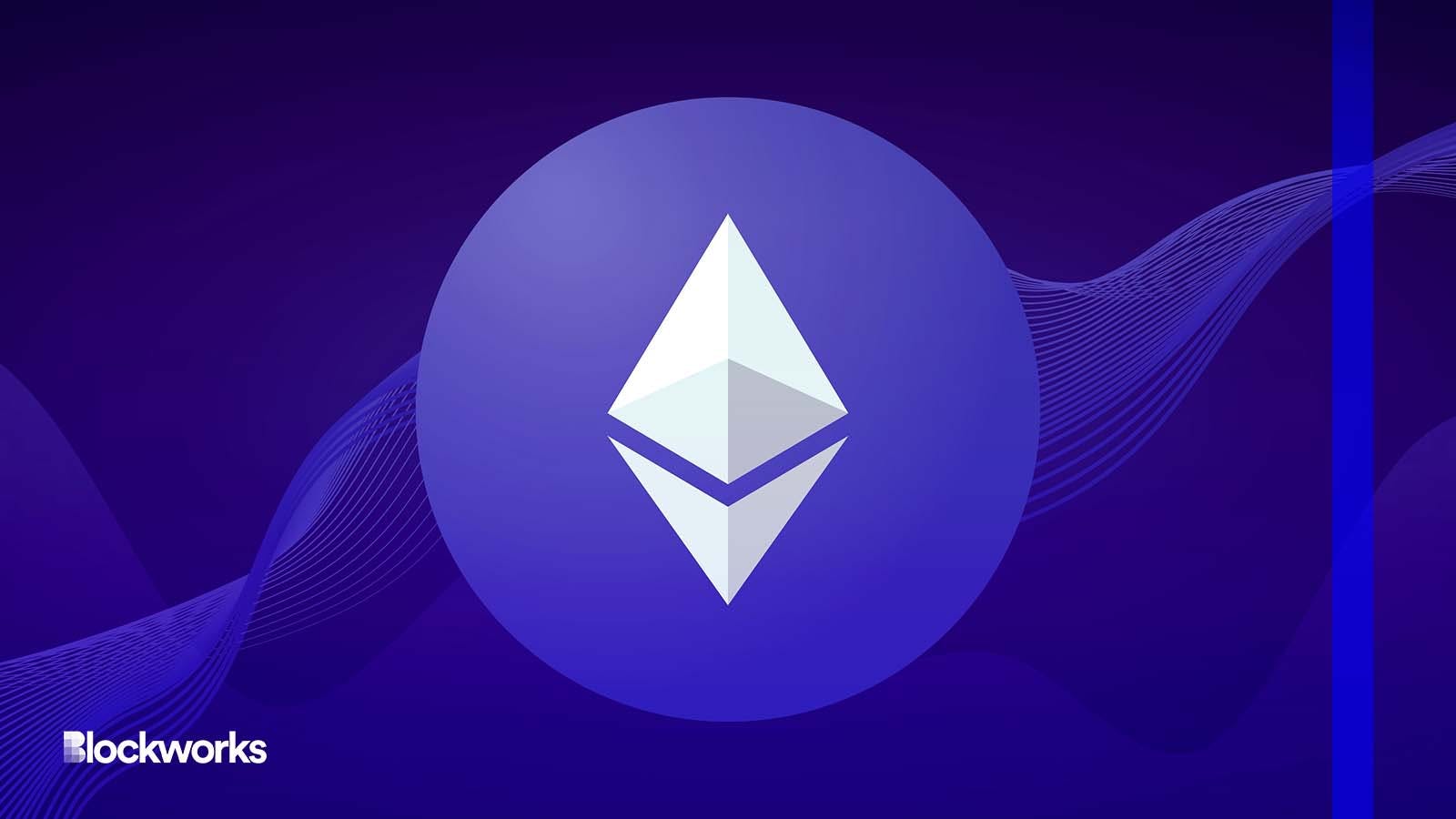ETH Staking Not an Investment Scheme, ConsenSys Execs Argue
The blockchain technology company’s arguments follow SEC enforcement against Kraken and the NYAG’s labeling of ether as a security

Yoann184/Shutterstock.com modified by Blockworks
Staking rewards are compensation for services to keep the Ethereum network secure, ConsenSys executives said Monday in a blog post that argued the process should not be confused with an investment.
Rewards and fees that network validators might receive are not yield on a loan, nor are they a dividend on investment, argued ConsenSys General Counsel Matt Corva and Bill Hughes, the company’s director of global regulatory matters.
“Staking is a data integrity mechanism that Ethereum and similar blockchain networks require to function, not an investment scheme,” they added in a blog post. “Service agreements that offer technical staking solutions are not investment contracts or any other type of enumerated security.”
Staking is a process in which crypto holders participate in validating transactions on the blockchain. In return, the block’s proposer receives a reward paid in the blockchain’s native crypto, such as ether.
Read more: The Investor’s Guide to Staking
Founded in 2014, ConsenSys is a blockchain technology company focused on the Ethereum ecosystem. The firm hosts more than 17,000 Ethereum validators — representing 3% of all Ethereum validators, according to its website.
Validator rewards come from two places: the protocol-specified rewards and a portion of the transactional fees paid by users who want their transactions added to the network, the ConsenSys executives said.
“Rewards aren’t a mythical construct dependent on the acts of a specialized manager, such as funds entrusted to a hedge fund or other money manager who enjoys discretion over how the funds are invested to generate a reward,” Corva and Hughes wrote.
Regulation amid a challenging backdrop
The declaration comes just days after New York Attorney General Letitia James called ether a security in a lawsuit against crypto exchange KuCoin.
Some industry watchers have said regulators are likely to continue a “regulation-by-enforcement” trend seen in recent months, particularly as contagion in the space has impacted companies like Silvergate, Silicon Valley Bank and Signature.
“I think everyone’s on the same page that we would like to have a more broad, comprehensive legal framework for the entire crypto space,” Wilshire Phoenix co-founder William Cai told Blockworks. “But the two words “crypto space” really encompasses so many different pieces, and asking for a comprehensive legal framework…seems to be a difficult task.”
The ConsenSys blog post also comes about a month after the SEC charged Kraken with failing to register crypto staking products as securities. The crypto exchange settled on both counts — paying $30 million and ending its on-chain staking services for US clients.
Following the Kraken settlement, Coinbase CEO Brian Armstrong said in a tweet that “Coinbase’s staking services are not securities,” adding that the company would “happily defend this in court.”
Coinbase’s chief legal officer, Paul Grewal, added in a blog that staking does not meet the Howey Test, which the SEC and US courts use to determine whether an asset is a security.
“When a customer asks us to stake some of their crypto, they aren’t giving up one thing to get something else — they own exactly the same thing they did before,” Grewal wrote. “Staking customers retain full ownership of their assets at all times, as well as the right to ‘unstake’ those assets consistent with the underlying protocol.”
Get the news in your inbox. Explore Blockworks newsletters:
- The Breakdown: Decoding crypto and the markets. Daily.
- 0xResearch: Alpha in your inbox. Think like an analyst.






